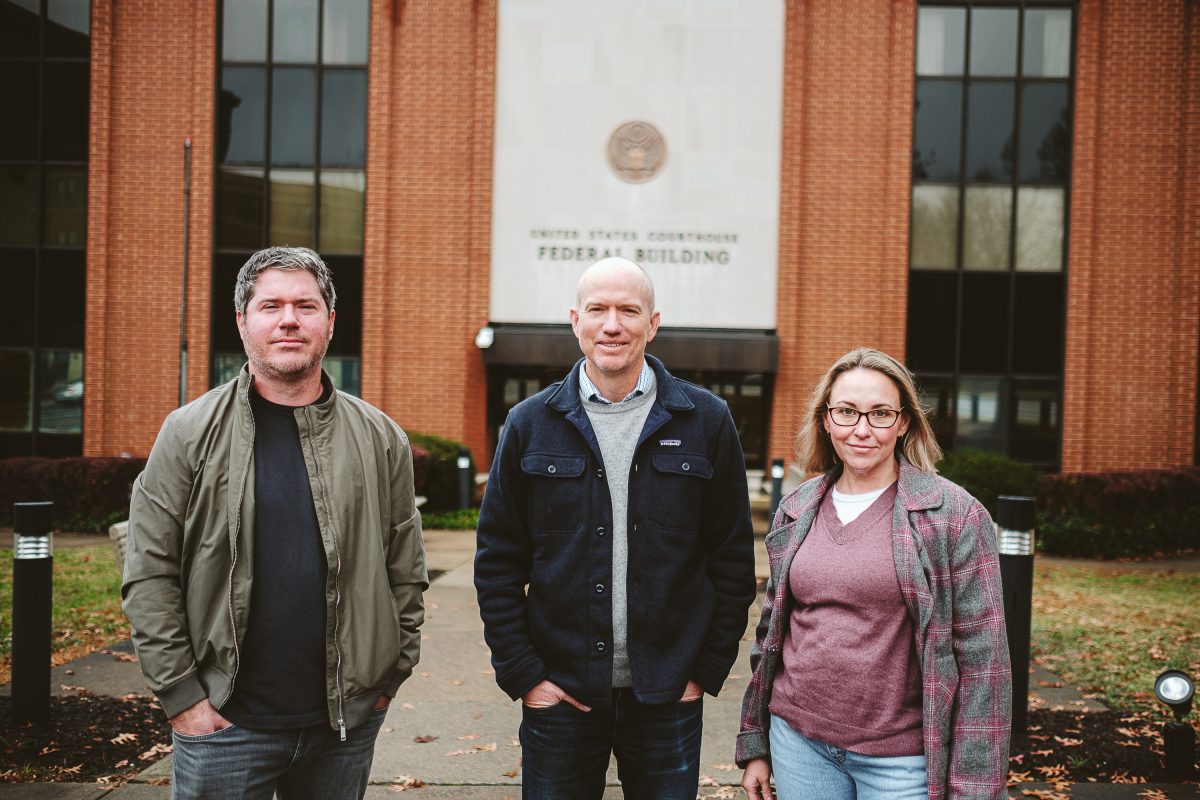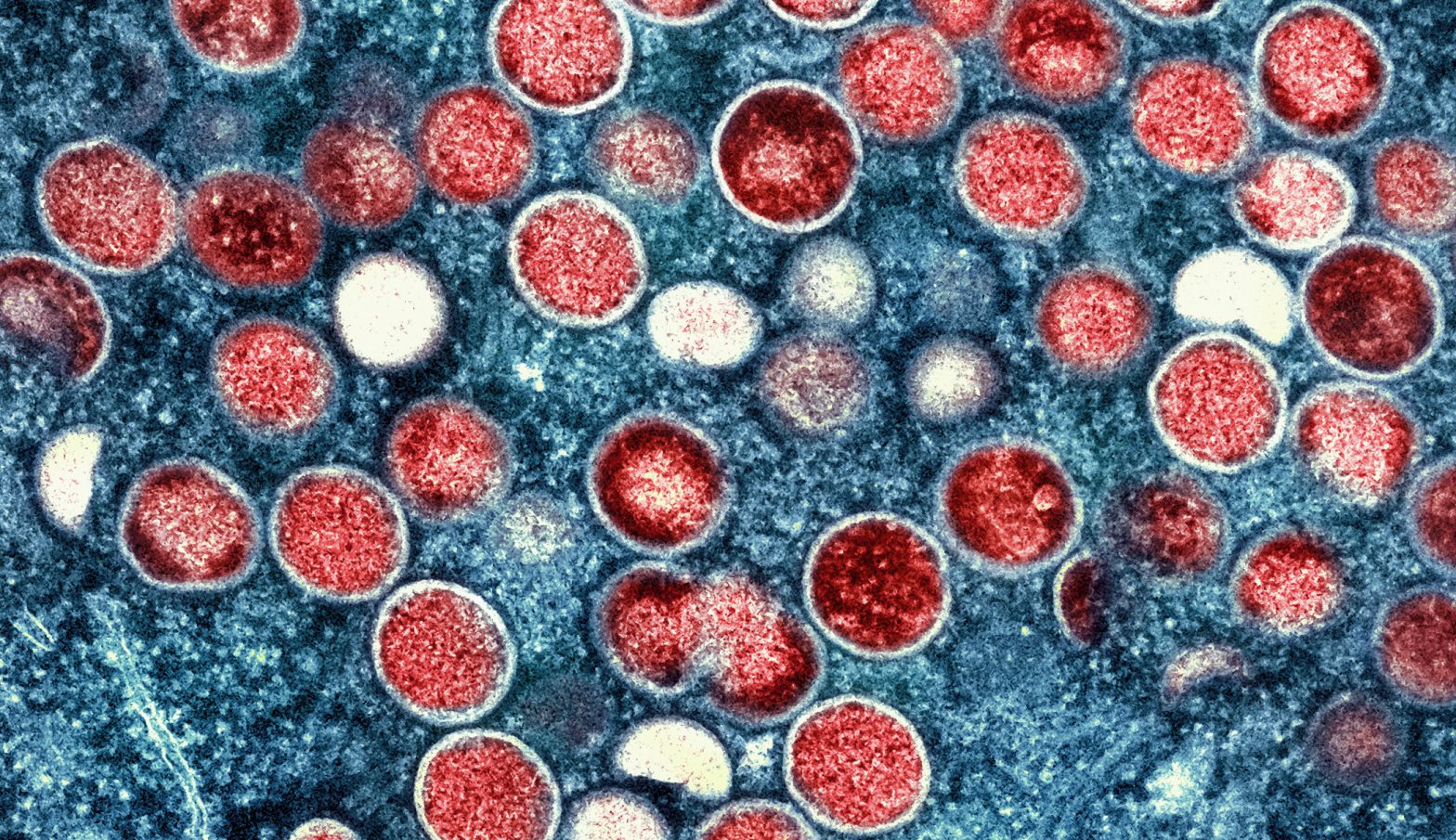Remember back in 2017, when some here learned their health insurance premiums could jump to $3,000 a month and that Charlottesville’s rates were the highest in the country?
Those eye-popping premiums have drawn the attention of the U.S. Department of Justice, which is taking a look at how the rates for Optima Health Plan, owned by Sentara, which also owns Sentara Martha Jefferson Hospital, jumped an average 82 percent in Virginia and up to 266 percent in Charlottesville. The DOJ notified Sentara in May 2021 it was starting an investigation under the False Claims Act.
While the government hasn’t filed a lawsuit, more than two years later, an apparently exasperated DOJ filed a petition November 13 asking a judge to order Sentara executives to provide the documents and testimony it has requested as it investigates whether Sentara bilked the federal government out of $665 million in payments it made under the Affordable Care Act, according to the petition.
On November 22, U.S. District Judge Elizabeth Dillon ordered, at Sentara’s request, the petition to be temporarily sealed. And on November 27, she ordered Sentara into court December 19 to show cause why it hasn’t complied with the DOJ’s civil investigative demands.
For Sara Stovall and Ian Dixon, it comes as no surprise that Sentara is under investigation for making false statements in its 2018 and 2019 health insurance rate filings, and false claims under the Affordable Care Act. They were among the people who learned in 2017 that Optima, the only insurance covering the area, would charge nearly $3,000 a month to insure their families.
And the fact the DOJ had to file a petition to force Sentara execs to provide documents and testify to civil investigative demands, well, “That’s the Optima we know,” says Stovall. “That’s their M.O.”
Stovall and Dixon, along with Karl Quist, formed Charlottesville for Reasonable Health Insurance. They met with Sentara execs, the Virginia Bureau of Insurance, and an estimated 30 state and federal officials, seeking help for their premium predicament.
“When we first brought this to the Bureau of Insurance, we gave Optima the benefit of doubt that this was a mistake,” says Stovall. “They had every opportunity to correct it. With their topmost executives refusing to cooperate with the DOJ, that tells us everything. I can’t come up with another explanation but that this was an intentional overcharge.”
“Extraordinary” is how Martin Bienstock, an attorney who specializes in insurance litigation and the False Claims Act, describes the DOJ’s petition, which says Sentara withheld 1,900 documents. “Usually a defendant would want to avoid the appearance that they’ve got something to hide.”
Also striking to Bienstock is that as a not-for-profit corporation, “You would think they’d be operating on behalf of the public and eager to make sure they haven’t engaged in fraud or wrongdoing under the False Claims Act.” He finds it notable that Sentara has hired not one, but two large law firms. “That seems like a lot of out-of-pocket costs for a not-for-profit,” he adds.
Sentara continues to insist its premiums were reasonable and that it has cooperated with the DOJ. “The rates offered by Optima Health Plans in 2018, after Anthem and other carriers exited from the Charlottesville exchange and the Commonwealth requested Optima remain in the market, were reviewed and approved by third party actuarial experts, the Virginia Bureau of Insurance, and the Centers for Medicaid and Medicare Services in accordance with state and federal laws,” says Sentara spokesperson Mike Kafka in an emailed statement.
“We have been transparent and cooperative with DOJ throughout this more than two-year process,” he adds. “The current petition, filed on November 13, seeks answers to questions and information we responded to and provided previously.”
In the course of the investigation, Sentara turned up nearly 7,000 pages that were not previously disclosed. “It strikes me as a pretty egregious failure to identify documents,” says Bienstock.
DOJ officials discovered that not all relevant documents had been turned over during a meeting with Sentara, when some showed up in a PowerPoint presentation. ”Sloppy,” says Dixon.
Tim Jost, an expert on health law and the Affordable Care Act, and professor emeritus at Washington and Lee, explains that cases under the False Claims Act can be filed by the Department of Justice or a whistleblower. If the latter, the case is sealed and if the government recoups its losses, the whistleblower gets a share.
Health care fraud can be criminal, he says, but it appears the DOJ is investigating Sentara under the civil False Claims Act.
“There are many False Claims Act cases in the health care areas,” says Jost, usually with drug companies, hospitals, or physicians. “But this is the first time I’ve seen one with respect to the Affordable Care Act.”
It’s common for defendants to object to government requests for information as being overly burdensome, says Jost. But the undisclosed documents turning up in a PowerPoint? “I think that’s kind of awkward. It looks like the DOJ is kind of irritated that they’re being strung along.”
Stovall is happy that a government agency is finally looking into what her group has been saying for years. “To me, it really speaks to their arrogance that we wouldn’t be savvy enough to know how insurance works and that regulators would look away.”
Most surprising for Stovall is the $665 million Sentara collected from the government “to cover these apparently fraudulent subsidies.”
“If anything shocked me in the past six years,” says Dixon, “it’s the arrogance of thinking you can triple rates and think no one is going to look in and ask questions and that you can get away with it.”
Dixon notes that Sentara made a big deal about its not-for-profit status, and points out that recently retired CEO Howard Kern, who is named in the DOJ petition multiple times for refusing to provide documents, made $33 million, according to Sentara’s 2021 IRS 990 filing, which also lists nearly $5 billion in assets at the end of that year.
Its current CEO, Dennis Matheis, was president of Optima in 2018. Now the Optima name is vanishing in a multi-million dollar rebranding to Sentara Health Plans. Speculates Stovall, “That suggests something you might do if investigated by the DOJ.”
Even if the government reclaims the $665 million it alleges it’s out, that’s not going to make whole the people who are still out the premiums they paid to Sentara, says Dixon. “Some people really got harmed.”
Emily Bardeen is one of those people. She says she got “a paltry check from the insurance company that was supposed to make up for the outrageous rates but was a drop in the bucket.”
She had just retired when Optima became the sole insurance option in Charlottesville, and she and her husband made $200 too much in income to qualify for Affordable Care Act subsidies, she told C-VILLE in 2018. They ended up paying $30,000 a year in health insurance premiums, more than their mortgage, she said.
“What I couldn’t get over was that the State Corporation Commission [which oversees the Bureau of Insurance] approved the rates,” she says. “They somehow agreed this was reasonable. That was what was so shocking to me.”
She believes Optima took advantage of its monopoly in Charlottesville. “It was a terrible example of price gouging, and approved by the state,” she says. “Shameful.”

